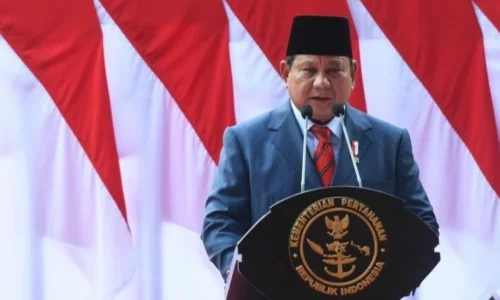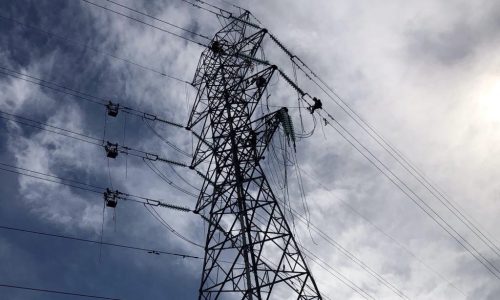The Indonesian government through Pertamina NRE and PLN has extended an invitation to the Netherlands with Dutch Solar and Tidal Bridge BV to collaborate on a range of clean energy projects, spanning from solar to ocean wave energy.
Arifin Tasrif, the Minister of Energy and Mineral Resources (ESDM), stated that this partnership would include funding, technology transfer, and human resource development. He warmly welcomed the Netherlands’ initiatives to support clean energy project development in Indonesia.
Arifin revealed that on October 9, 2023, several cooperation agreements are set to be signed for various clean energy projects.
“So, there will be a signing ceremony between Dutch Solar and Pertamina for thin film solar cell technology. These solar films will be applied across different locations to harness solar energy. I believe Pertamina NRE will be responsive to this,” said Arifin.
Additionally, Arifin noted that Indonesia and the Netherlands are committed to developing renewable energy sourced from ocean waves or tidal energy, located in Flores, East Nusa Tenggara.
With this commitment, he hopes Indonesia can significantly expand its utilization of tidal energy to generate clean power.
“The development of tidal energy is mainly to support our communities that may find it challenging to access fossil energy sources but are fortunate to have renewable energy potential. It’s about how we can harness that potential,” he stated.
According to records from the Ministry of ESDM, since 2018, PT PLN and Tidal Bridge BV have signed an MoU for feasibility studies and network impact studies related to utilizing energy from Tidal Current Power Plants (PLTAL) in Flores.
Tidal wave energy has great potential in Indonesia
Dwi Susanto, Oceanography Professor from the University of Maryland in the United States believes that Indonesia is well-suited for implementing tidal power generation due to its strong ocean currents. Tidal energy is harnessed from tidal currents and ocean currents.
“In reality, we are very well-suited because we have the Indonesian Throughflow current, and secondly, we have tides. Especially in our narrow straits, the currents are exceptionally strong, making it ideal for building power plants,” Dwi explained.
Dwi mentioned that tidal energy has already been utilized in Eastern Europe, North America, the United Kingdom, and South Korea. Therefore, he hopes Indonesia can swiftly implement this energy source, as it is regarded as environmentally friendly, producing no greenhouse gas emissions or hazardous waste.
“Tidal energy from the sea is also very consistent and can be accurately predicted, making it a reliable source of stable energy,” he added.
Dwi acknowledged that the installation of tidal energy in Indonesia is still in the planning stage and has not been implemented to date. However, Indonesia holds significant potential for implementing ocean wave energy.
He believes that the adoption of tidal energy could greatly assist Indonesia in achieving its Net Zero Emission (NZE) target by 2060 or earlier. This energy source has the capacity to supply a substantial amount of electricity, gradually reducing the reliance on coal-fired power plants (PLTU).









